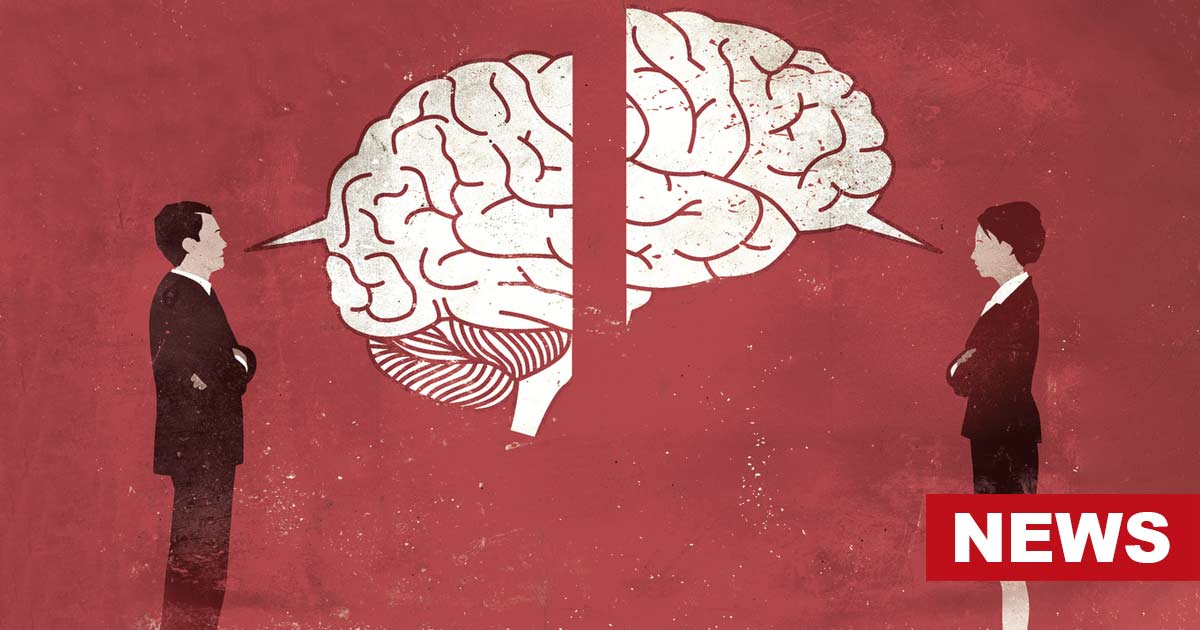The impact of advertising on mental health has gained attention, particularly in relation to harmful mental health ads. Purpose-marketing for mental health has emerged as a strategy for brands to align themselves with social causes. While it holds potential for positive impact, the responsibility lies in navigating the complex terrain to avoid unintended harm.
A recent Dove commercial featuring a young girl named Mary portrays the connection between social media and eating disorders. The ad, resembling a short film, prompts discussions between parents and children about this crucial topic.
Dove’s approach is part of its long-standing series of ads exploring the beauty industry’s influence on self-perception and self-esteem. However, critics argue that these advertisements, while tapping into real emotions, do little to effect substantial change and may be viewed as purpose-washing.
Cause marketing, formerly known as purpose-marketing, became significant after 9/11, as brands sought to align themselves with causes. The rise of the internet and social media further propelled this strategy.
As traditional identity markers diminished, corporations filled the void, with brands like Starbucks, Apple, and Prius becoming integral to personal identity formation. Gen Z consumers, in particular, value brands that are clear about their values, especially regarding mental health.
In recent times, studies show that mental health marketing does more harm than good. Harmful mental health ads often perpetuate attitudes that are contrary to mental health awareness or wellness. But, it doesn’t have to be this way.
To navigate purpose-marketing for mental health effectively, brands must establish a meaningful connection between their core competencies and a relevant cause. Transparency and consistency are crucial.
For example, food manufacturers contribute to easing food insecurity, while MAC Cosmetics donates funds annually to HIV/AIDS charities through the sale of a dedicated lipstick. Mental health marketing requires a commitment to customers, including providing information, supporting organizations, and embedding the cause within the brand identity.
TOMS shoes, known for its buy-one-give-one model, has evolved its approach. Today, TOMS donates a portion of its profits to mental health initiatives, access to opportunity, and ending gun violence. By partnering with grassroots organizations, TOMS ensures sustainable change at the local level.
Companies like Madhappy and Rare Beauty prioritize mental health as an integral part of their brand DNA. Madhappy donates a percentage of its proceeds to the Madhappy Foundation, supporting mental health research and resources. Rare Beauty, spearheaded by Selena Gomez, aims to raise $100 million over a decade to expand mental health services.
While purpose-marketing for mental health is a step forward, distinguishing genuine support from performative allyship is essential. The influence of the corporate world is substantial, making authentic engagement crucial for meaningful change.
Research indicates that consumers can differentiate between true support and superficial gestures. Regardless of profit motives, brands genuinely combating mental health stigmatization contribute positively to the cause.









